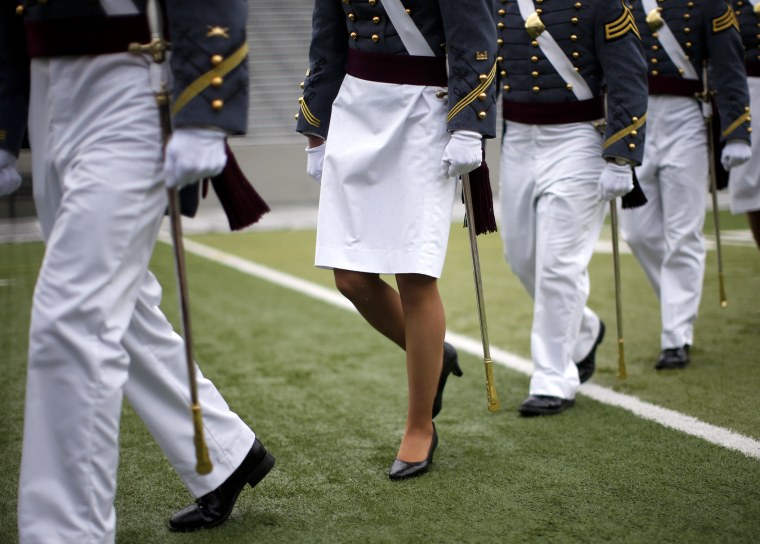The Pentagon says reports of military sexual assault increased by an unprecedented 46% last year.
According to figures released Wednesday, there were 3,553 reported sexual assaults between July 1, 2012 and June 30, which represents a 46% increase over the same period last year.
This figure is already higher than last year’s total of 3,374 and is now the highest reported figure since the Department of Defense's Sexual Assault Prevention and Response Office began issuing annual reports on the problem.
These numbers come on the heels of months of pressure on the Pentagon to address sky high rates of sexual assault and widespread reports of a hostile reporting atmosphere.
The Senate will soon debate the National Defense Authorization Act, which includes reforms proposed by Sen. Claire McCaskill, and an amendment to be offered by Sen. Kirsten Gillibrand that would remove prosecution of assaults from the chain of command.
Both senators have repeatedly cited the need for victims to report their assaults as a crucial step to making the military justice system work for survivors. However, there is no way to know if the rise in reports is due to a higher rate of assault or greater comfort with reporting within the military justice system.
Another bill announced Tuesday would change the way court martial preliminary hearings are conducted to protect victims from intrusive questioning.
A report released Thursday found that problems related to dealing with military sexual assault go beyond just prosecution. It found that the Department of Veterans Affairs grants PTSD disability claims for military sexual trauma at rates dramatically lower than for other types of trauma. Grants for military sexual trauma trailed other PTSD claims by as much as 30% each year between 2008 and 2012.
